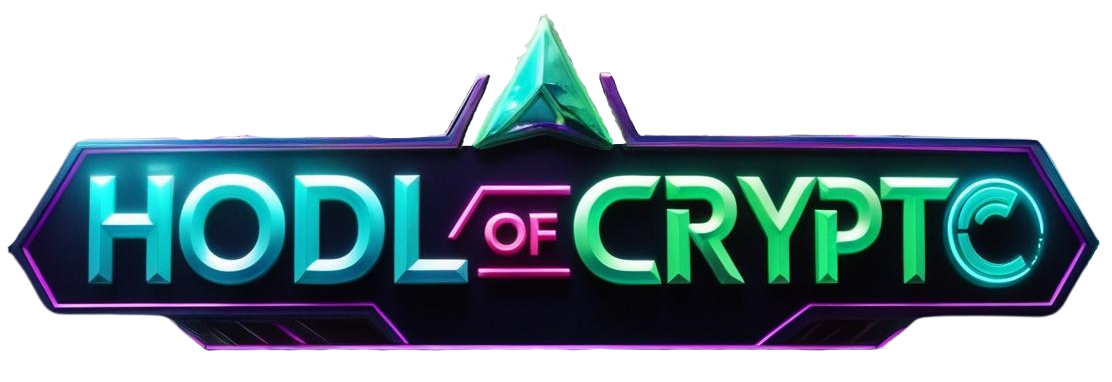Places to use USDT in Malaysia: Tether (USDT) is one of the most widely used stablecoins in the world. In Malaysia, it’s not officially recognized as legal tender—but usage is growing within regulated frameworks and through decentralized channels. Below is a category-by-category technical breakdown of where USDT is functionally accepted in Malaysia.
1. Food & Beverage Sector
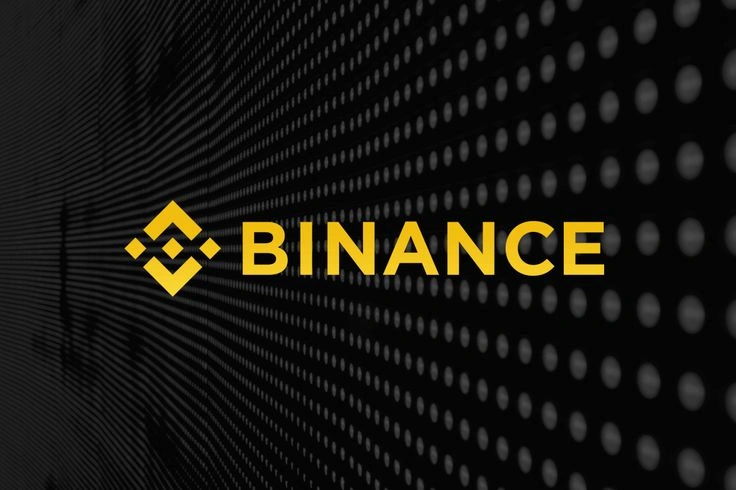
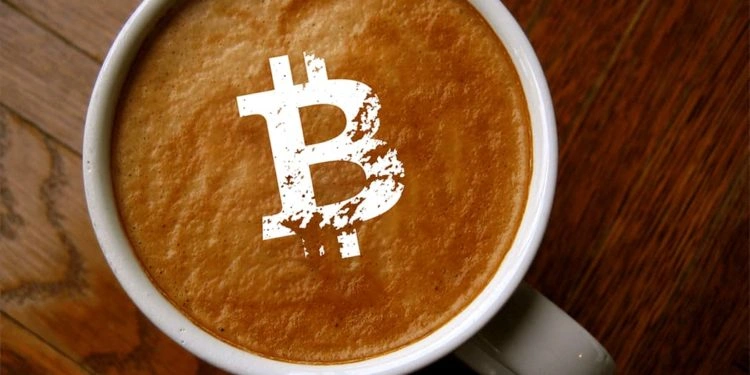
Use Case: On-site crypto payments via QR code
Mechanism: Binance Pay, XanPay, or integrated POS crypto gateways
Locations (sample):
- The Hungry Tapir (KL)
- RGB Coffee at the Bean Hive (KL)
Notes: - Supported wallets: Binance, Trust Wallet
- Payment acceptance is subject to change—confirm prior to purchase
- Some food delivery services offer crypto checkout via third-party platforms
2. Retail and Online Marketplaces
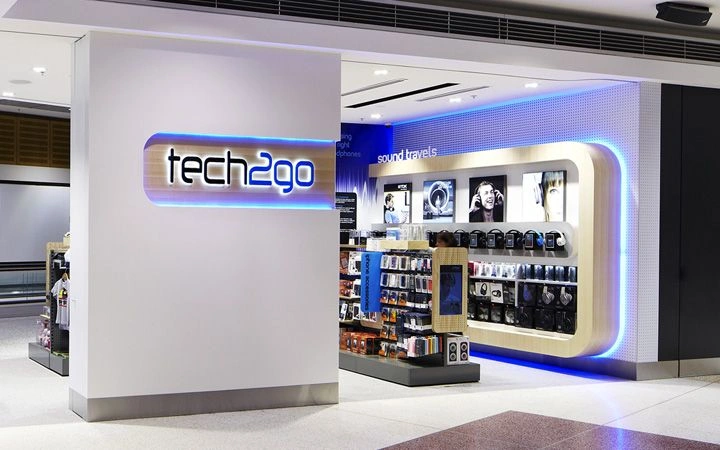

Use Case: Retail and tech purchases using USDT
Mechanism: Crypto-enabled POS or browser-based wallet gateways
Retail Categories:
- Tech/gadget stores (e.g., accessories, refurbished electronics)
- Online merchants listed on crypto directories (e.g., CoinMap)
Government Services (via MyEG): - Road tax renewal
- Service fees
Payment Processor: PayHalal (crypto-to-fiat integration with USDT supported)
Compliance: Operates under guidelines permitted by Malaysia’s SC
3. Travel & Digital Lifestyle Services
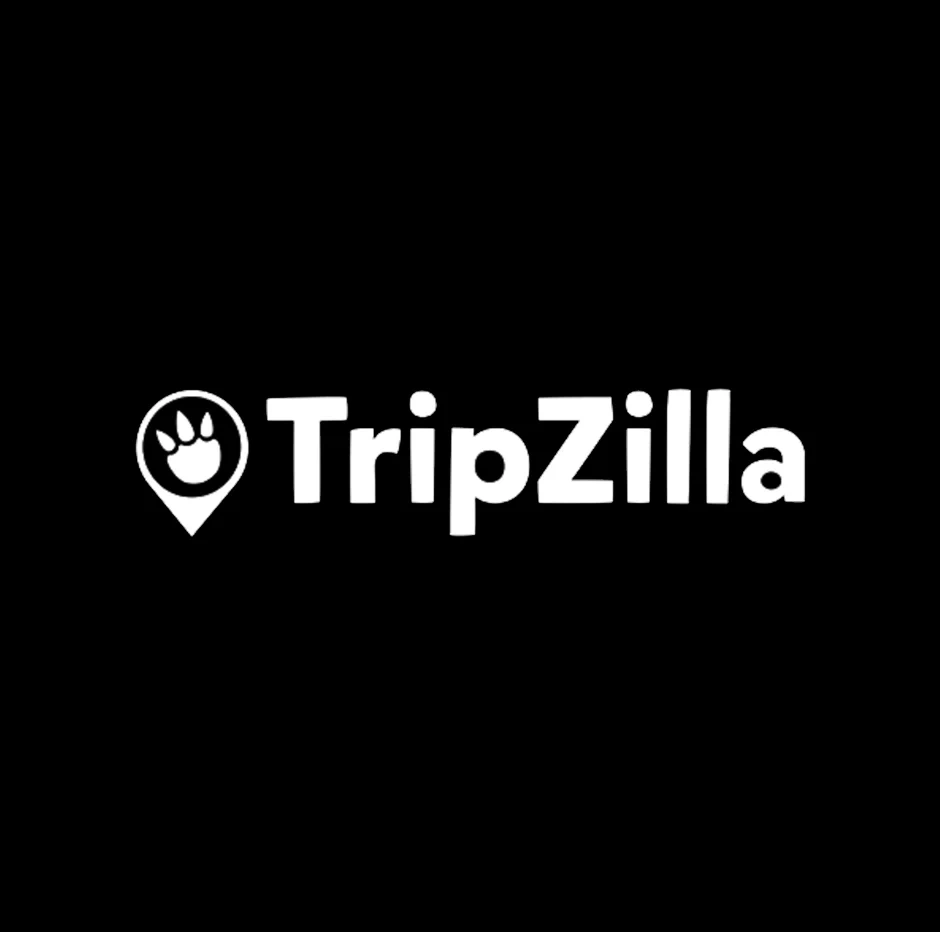
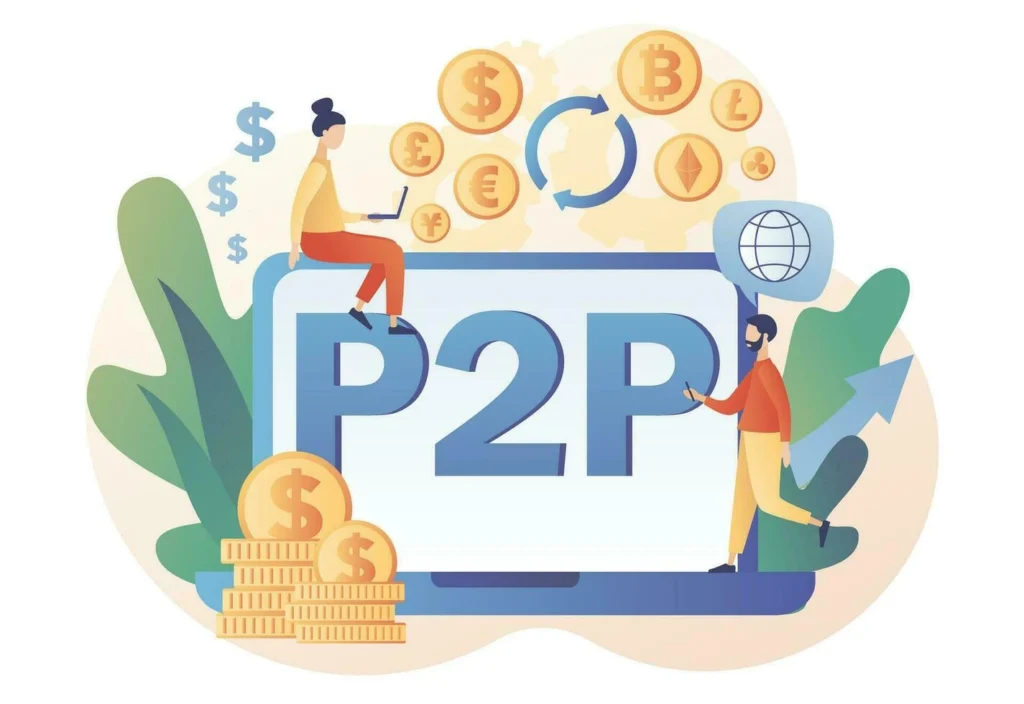
Use Case: Online booking and service payments
Mechanism: Crypto-fiat payment gateways (e.g., CoinPayments, Travala API integration)
Service Categories:
- Travel platforms: e.g., TripZilla Malaysia
- P2P accommodation: Airbnb-like platforms using USDT
- Digital goods: VPNs, cloud hosting, design services
Common Payment Channels: - Metamask, Binance Pay, Coinbase Commerce
- Payment is processed in real-time MYR equivalent
4. Places to use USDT in Malaysia: Peer-to-Peer (P2P) and Informal Transactions
Use Case: Direct crypto transfer between individuals
Transaction Types:
- Freelance services (copywriting, design, dev work)
- Secondhand items (gadgets, collectibles)
- Group expenses (e.g., splitting bills)
Platforms: - Telegram groups
- Discord servers
- Local forums (e.g., Lowyat.NET)
Risks: - Unregulated, no buyer/seller protection
- Requires due diligence: verify wallet addresses, agree on terms beforehand
- Popular for bypassing transfer limits or banking delays
5. Places to use USDT in Malaysia: Legal & Regulatory Considerations
Legal Status:
- USDT is not legal tender in Malaysia
- Recognized as a digital asset, not currency
- Governed under Capital Markets and Services Act 2007 via the Securities Commission Malaysia
Permitted Use:
- Can be used for transactions via licensed Digital Asset Exchange (DAX) platforms
- Payment through regulated intermediaries (e.g., PayHalal) is permissible
Key Licensed DAX Operators (2025):
- Luno
- Tokenize Xchange
- MX Global
- SINEGY
Conclusion: Operational Outlook for USDT Payments in Malaysia
| Sector | USDT Usability | Adoption Rate | Reliability |
|---|---|---|---|
| Food & Beverage | Medium | Growing | Variable by vendor |
| Retail & E-Gov Services | Medium-High | Expanding | High (via PayHalal) |
| Travel & Digital Goods | High | Stable | Reliable |
| P2P & Freelance Economy | High | Very Active | Risk-based |
While USDT remains unofficial as legal tender, its usability in Malaysia is steadily increasing, particularly through compliant platforms and P2P networks. As regulatory clarity improves and more businesses integrate blockchain-based payments, spending USDT could soon be as seamless as using any e-wallet.
